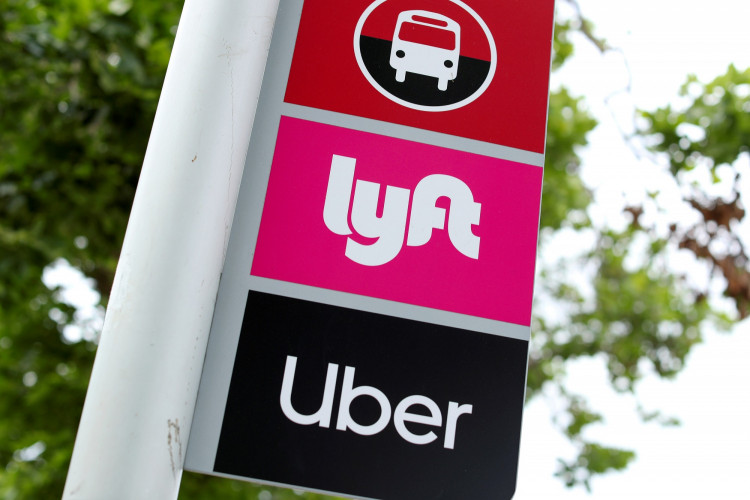In a dramatic escalation of the ongoing dispute over minimum wage laws, Uber and Lyft have announced plans to suspend their services in Minneapolis, marking a significant clash between the ride-hailing giants and city leadership. The contentious battle, which has unfolded over the past year, centers around a new bill passed by the Minneapolis City Council, mandating ride-hail drivers be paid a minimum of $1.40 per mile and $0.51 per minute, a rate estimated to ensure drivers earn the city's $15.57 minimum wage after expenses.
The standoff reached a new peak last week when, despite Minneapolis Mayor Jacob Frey's objections and vow to veto, the City Council voted to override his decision, solidifying the wage increase. "This is a David and Goliath story," remarked Council Member Robin Wonsley, emphasizing the victory of "regular working-class people" over corporate interests.
In response, Lyft spokesperson CJ Macklin condemned the ordinance as "deeply flawed," announcing the company's decision to cease operations starting May 1. Uber echoed this sentiment, with senior director of public affairs Josh Gold expressing disappointment at the council's disregard for data, implying a forced withdrawal from the Twin Cities.
This confrontation is not isolated; Uber and Lyft have historically resisted minimum wage laws and driver protection bills in various cities, often threatening service suspension as a bargaining chip. Their classification of drivers as independent contractors exempts them from providing employee benefits, a point of contention in the broader gig economy debate.
The implications of Uber and Lyft's potential departure are particularly concerning for Minneapolis residents and visitors reliant on these services for transportation, including airport trips. The absence of these ride-hailing options could significantly disrupt travel plans and impose higher costs on commuters like John Shields, who now faces "triple the cost" for airport parking.
Community voices like Adam Capel and Nick Mueller express support for the drivers, underscoring the importance of fair wages in the evolving gig economy landscape. The sentiment reflects a broader call for corporate responsibility and a balanced approach to wage adjustments.
As the May 1 deadline looms, travelers and city residents hope for a resolution that balances fair compensation for drivers with continued access to affordable, convenient transportation options. The unfolding scenario in Minneapolis serves as a microcosm of the larger national debate over gig worker rights and the future of the ride-hailing industry in the face of regulatory challenges.






